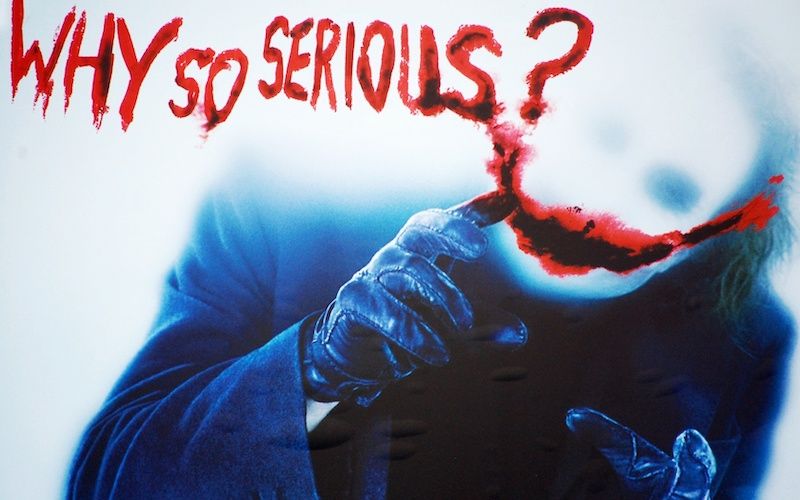Leavening Effects
From pop culture to comics, it's important to not get too serious

When Derrick White was traded to the Boston Celtics in early 2022, the Celtics were a team struggling to reach .500 and mired just out of playoff contention. Of course, the Celtics ended up reaching the NBA Finals, with White’s skills part of their resurgence, along with many other factors. But one overlooked aspect was that White brought along a love for, and well-developed repertoire of, what are generously dubbed “Dad jokes.”
Apparently, his ability to leaven the mood with the occasional groaner or bucklebuster had a lot to do with the team feeling more cohesive and relaxed — and then to winning games in batches.
We live in a world of snark, dunking, and often overwrought statements of political, personal, and previously private beliefs. It’s a bit all-consuming at times, and seems to prickle our sensibilities in negative ways, keeping us on edge, our minds bristling. It also makes it difficult to tell the difference between a real and perceived crisis, an important violation of trust vs. a silly transgression. Everything enters an already seething pot of simmering indignity and boiling outrage.
It’s good the inject some lighter sensibilities into life.
Pop culture references are a classic way to inject some tension-breaking into the world around us. Quoting from movies, songs, or television shows can be fun, bind us together, and remind us to not take ourselves too seriously. Popular culture is alive and vital in ways other cultural elements might not be — often a step ahead, and toying with the current moment or present undercurrent. It’s the inhale reflex of society, our collective deep breath before another stride forward.
People who lack pop culture awareness — and the new social circles created by Covid have introduced me to a few — tend to be more literal, more uptight, and more reactive than people who are facile with the elevated, theatrical, and soul-tickling experiences of pop culture. Such people seem more susceptible to outrage, more prone to strong reactions. They don’t seem to have the fizz of pop culture to leaven their moods.
“Why so serious?” might be taken seriously, for instance, rather than laughed at as a timely reference to a great movie during a conversation. One interpretation leads you down a dark road, the other takes you on a rollercoaster of conversation.
A few years ago, to upgrade my media diet, I re-subscribed to the local paper. I’ve enjoyed it, learned of things I wouldn’t have learned about otherwise. The 15-20 minutes each morning flipping through the static, quiet physical pages have proven quite restorative.
Doing this also put the comics page back in my life, giving me a few corny jokes, silly storylines, and winking sendups of everyday life to brighten my morning.
It has been a leavening effect, and one that’s a definite improvement over doom-scrolling Twitter in the morning.
Social media has become the frontline of awareness — and it’s not nearly as much fun, not nearly as restorative, and not mature and inherently leavened. There’s an earnestness and dreadfulness about it that isn’t necessary or helpful, a snark, a hopelessness. Sure, the occasional cute animal picture or video may pop up, but even these don’t have the breezy qualities of a well-done comic panel, or the inherent joy and optimism of a shared pop culture reference.
Leavening society with fun, uplifting, shared, and even corny materials is important to make sure we keep things in perspective, don’t become too mean-spirited, and avoid the predator-prey dynamic that lurks just below the surface of any society.
Tomorrow, there will be a Friday song here. That’s part of my effort to introduce something shared and fun from the pop culture world. An attempt to leaven your experience.
Because there’s too much at stake to become, well, so serious . . .